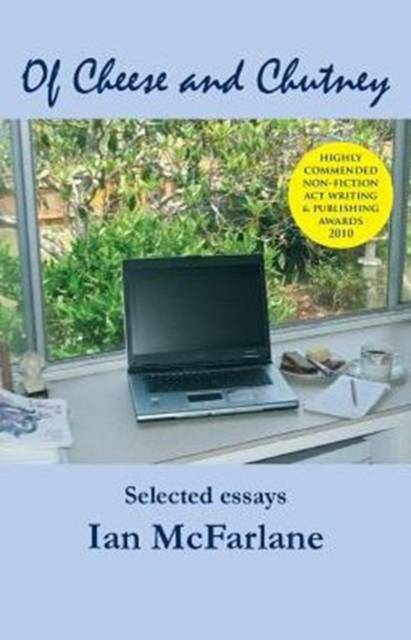
- Retrait gratuit dans votre magasin Club
- 7.000.000 titres dans notre catalogue
- Payer en toute sécurité
- Toujours un magasin près de chez vous
- Retrait gratuit dans votre magasin Club
- 7.000.0000 titres dans notre catalogue
- Payer en toute sécurité
- Toujours un magasin près de chez vous
Description
When Bill Tully, Stephen Matthews and Ian McFarlane sat down in a Canberra café to consider the idea of co-editing a quarterly journal of comment and review, they were seeking to increase the relevance of Australian literature, and encourage the independence of political, social and cultural comment. That idea became Voice and the first issue was launched in March 2002. Editorial themes have tackled a diverse range of issues, from the human rights of refugees, Indigenous reconciliation and the environment, to global conflict and economic rationalism, often including a public forum at which invited speakers welcomed discussion and questions from the floor. As contributing editor, Ian McFarlane wrote a series of keynote essays. The elegantly expressed passion of the twenty-one pieces selected here attacks the moral vacuum of right-wing arrogance with a search for humanity. Ian McFarlane was born in the UK and came to Australia as a young migrant in the 1950s. At the age of sixteen he edited a Migrant Hostel News Sheet, and wrote, directed and acted in his own play. A subsequent Foreign Service career was cut short by nervous breakdown and clinical depression, which helped persuade him to take up writing full-time. His work has won high praise and the occasional award. He is the author of three novels and a collection of stories, essays and poems, and his book reviews, essays and short stories have been widely published. A new play, Whispering in the Dark, a theatrical depiction of the largely invisible, but existentially horrific, experience of clinical depression, is one of many works in progress. Ian lives quietly, with his wife, Mary, near Bermagui, on the far south coast of NSW.
Spécifications
Parties prenantes
- Auteur(s) :
- Editeur:
Contenu
- Nombre de pages :
- 70
- Langue:
- Anglais
Caractéristiques
- EAN:
- 9781740275835
- Date de parution :
- 08-06-15
- Format:
- Livre broché
- Format numérique:
- Trade paperback (VS)
- Dimensions :
- 140 mm x 216 mm
- Poids :
- 99 g

Les avis
Nous publions uniquement les avis qui respectent les conditions requises. Consultez nos conditions pour les avis.






